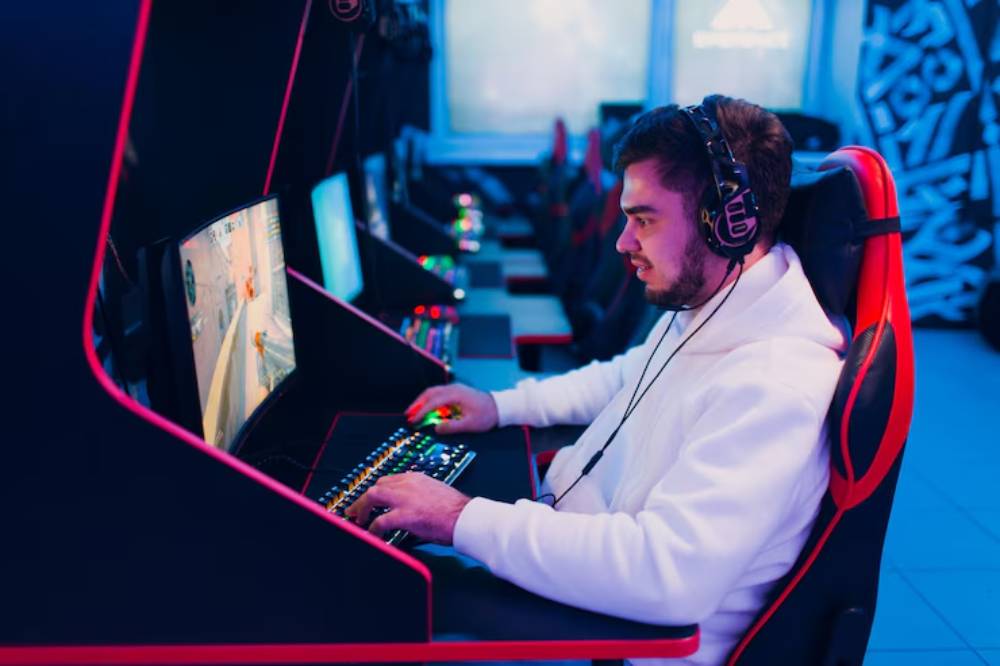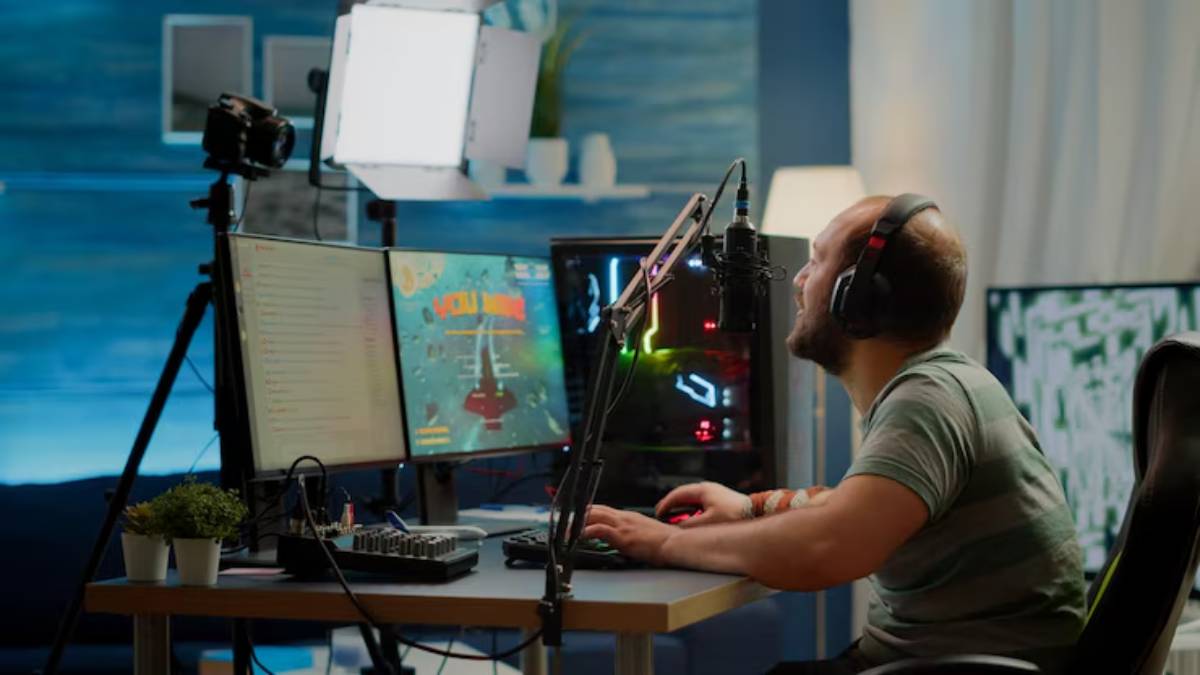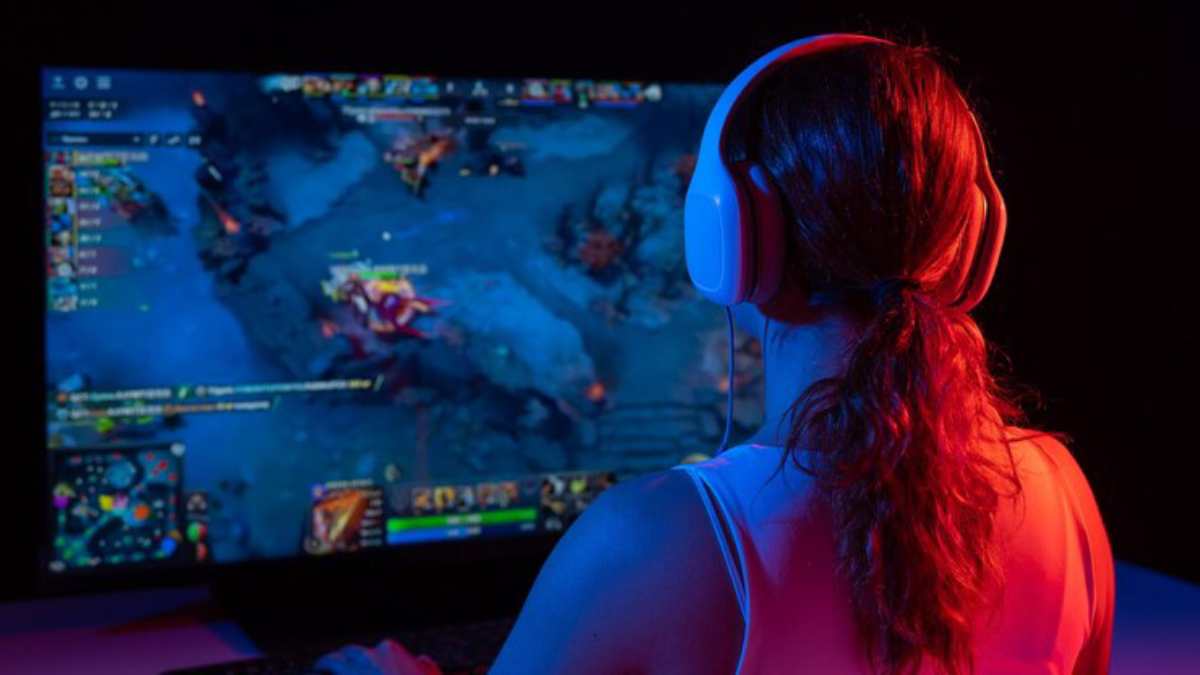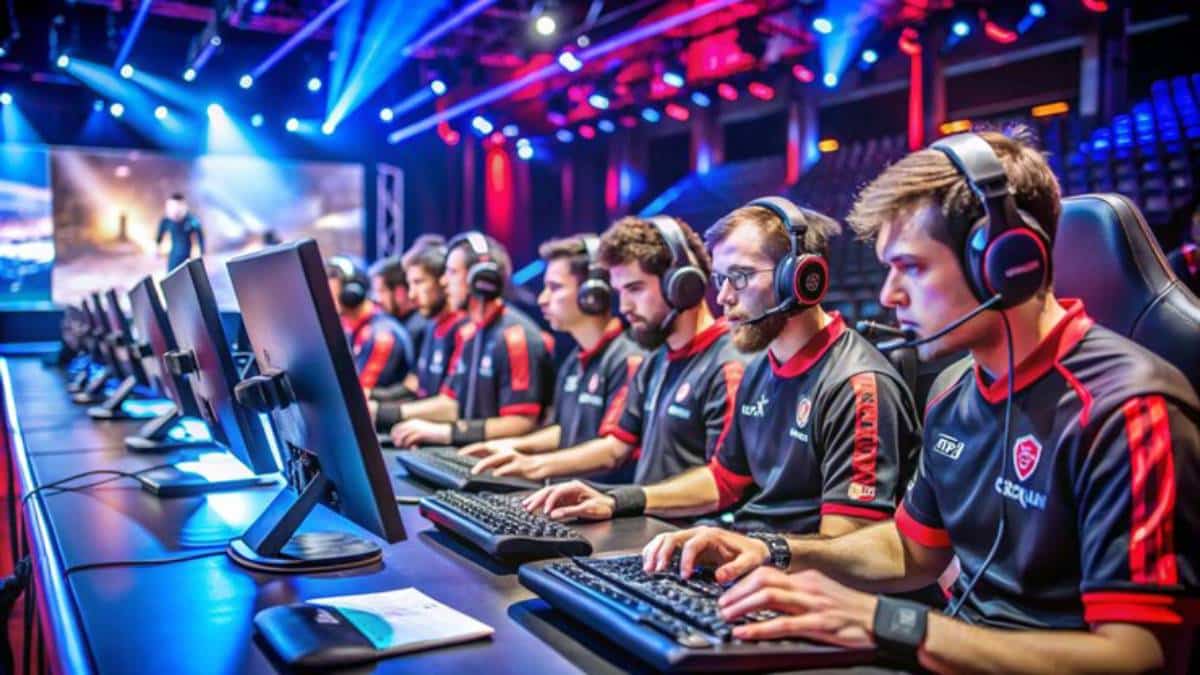
How AI is Assisting Esports Coaching and Player Development
Esports has changed from a niche hobby to a global event. Now, there are million-dollar tournaments, franchise leagues, and a growing pool of talent. Competition is getting tougher, so the need for performance optimisation is rising. This applies to gameplay, preparation, analysis, and long-term development too. Artificial intelligence is a strong partner changing how we train and coach online.
AI in esports training is not just a theory; it’s practical and precise. It is changing how both professional and amateur players improve their skills. Performance analysis tools now let us break down game data to the millisecond. This reveals insights that even seasoned coaches might overlook.
This article looks at how AI esports coaching is closing gaps in human thinking. It boosts team strategy and helps players become smarter, faster, and more adaptable. No matter if you’re on a top team or starting as a content creator, algorithms are shaping the future of competitive gaming. They’re here to help you win.
The Role of AI in Esports: More Than Just Data
AI in esports doesn’t aim to replace human intuition; it seeks to enhance it. AI uses data-driven systems to analyse thousands of actions every second. This gives coaches and players a fresh view on decision-making, positioning, reflexes, and overall match performance.
Key Functions of AI in Esports Coaching:
- In-depth match analytics (micro and macro performance breakdowns)
- Opponent scouting and predictive modelling
- Individual skill tracking and personalised improvement plans
- Team synergy analysis and coordination mapping
- Real-time feedback systems powered by machine learning
AI doesn’t fatigue, forget, or get distracted. It spots trends, predicts behaviours, and monitors performance accurately. This makes it crucial in the changing landscape of esports development.
Performance Analysis Tools: Turning Data into Victory
In competitive gaming, every movement matters. AI-powered performance analysis tools stand out because they turn in-game actions into easy-to-understand metrics and useful feedback.
1. Heatmaps and Positional Awareness
AI tools track player movements during a match. They highlight common positions, movement paths, and engagement zones.
Benefits:
- Reveals inefficiencies in positioning
- Identifies risky habits (e.g. predictable peeking angles)
- Encourages smarter rotations and map control
Example: In CS:GO or VALORANT, AI can highlight whether a player is overcommitting to specific sites, leading to imbalanced defences.
2. Reaction Time and Precision Tracking
AI tools use frame-level analysis to check reaction times, click accuracy, and crosshair placement instantly.
Benefits:
- Benchmarks player reflexes
- Detects mechanical inconsistencies
- Provides target-specific training plans
Use Case: In games like Overwatch or Apex Legends, this data can fine-tune aim training regimens and identify lagging areas.
3. Decision-Making and Tactical Awareness
AI goes beyond aim. It can make quick decisions about when to push, rotate, engage, or disengage.
Tools can evaluate:
- Kill-to-death ratios in specific contexts
- Ult usage timing in MOBAs like League of Legends or Dota 2
- Economic management in tactical shooters
AI esports coaching takes a holistic view—not just whether a move succeeded, but whether it was the right move in the bigger picture.
Personalised AI Coaching Platforms: Tailored Development at Scale
Platforms such as SenpAI, Mobalytics, and Aim Lab provide AI coaching for players at any skill level. These systems ingest gameplay data and return digestible suggestions, skill ratings, and drills.
What They Offer:
- Personal dashboards with performance history
- Role-specific insights (e.g., support vs. carry roles)
- Suggested improvements based on peer benchmarks
- AI-powered goal tracking and habit building
Smart Feedback Loop: AI coaching is instant and ongoing, unlike traditional coaching. It also avoids bias, making it perfect for players who train alone or outside formal team settings.
Team-Level AI Integration: Strategy and Synergy
For esports teams, AI provides macro-level benefits that extend beyond individual improvement. Tactical awareness, synergy, and adaptability are crucial to staying ahead of the meta.
Key Features for Teams:
- Opponent modelling: Analysing enemy team tendencies, drafting patterns, or rotation habits
- Match preparation tools: Simulating likely scenarios or weaknesses based on past matches
- Communication tracking: AI can monitor comms (with consent) to detect overlapping roles, missed calls, or hesitations
Outcome: More cohesive play, refined team roles, and improved real-time adaptation.
AI in Esports Training: Beyond the Game
The value of AI doesn’t stop at mechanical or strategic skill. Increasingly, it’s being used to monitor wellness, prevent burnout, and build more sustainable careers.
Areas of Development:
- Cognitive load management: Tracking signs of fatigue or decision latency
- Sleep and reaction monitoring: Wearable tech integrated with gameplay data
- Stress and emotional tracking: Analysing biometrics for tilt prevention or cooldown periods
Forward-thinking teams already use these tools to balance practice with recovery—ensuring their players stay sharp without burning out.
Challenges and Ethical Considerations
The benefits are clear, but the rise of AI in esports training brings up concerns about fairness, privacy, and over-reliance.
Key Concerns:
- Data privacy: How personal performance and biometric data is stored and used
- Competitive balance: Wealthier teams may access more advanced AI tools
- Over-coaching: Too much feedback can overwhelm or stifle creative gameplay
Balance is critical. AI should serve as a guide—not a rigid framework that limits player autonomy or spontaneity.
The Future of AI Esports Coaching

As AI systems get better and cheaper, they will start to be used by more people, not just the elite. High schools, universities, and grassroots organisations are now using AI training platforms. This makes access to top-notch development available to everyone.
Emerging Trends:
- Virtual coaching bots that offer real-time corrections mid-match
- Emotionally intelligent AI capable of adjusting tone and feedback based on player mood
- Meta forecasting tools that predict game trends and patch effects
Eventually, AI will become as essential to esports training as game knowledge or equipment. It won’t replace human coaches, but it will make them smarter, faster, and better equipped to guide the next generation of champions.
Smarter Play Starts Here

The blend of artificial intelligence and esports is a game-changer in gaming history. AI esports coaching is changing how we train, compete, and grow in the digital age. It offers detailed performance analysis tools and predictive team strategies.
If you want to improve your game—whether for fun or competition—using AI in your training is a must. It’s the future.
Take action today! Check out an AI coaching platform. Analyse your gameplay with machine learning tools. You can also suggest AI review sessions for your team. The tools are available. All that’s left is to use them.


